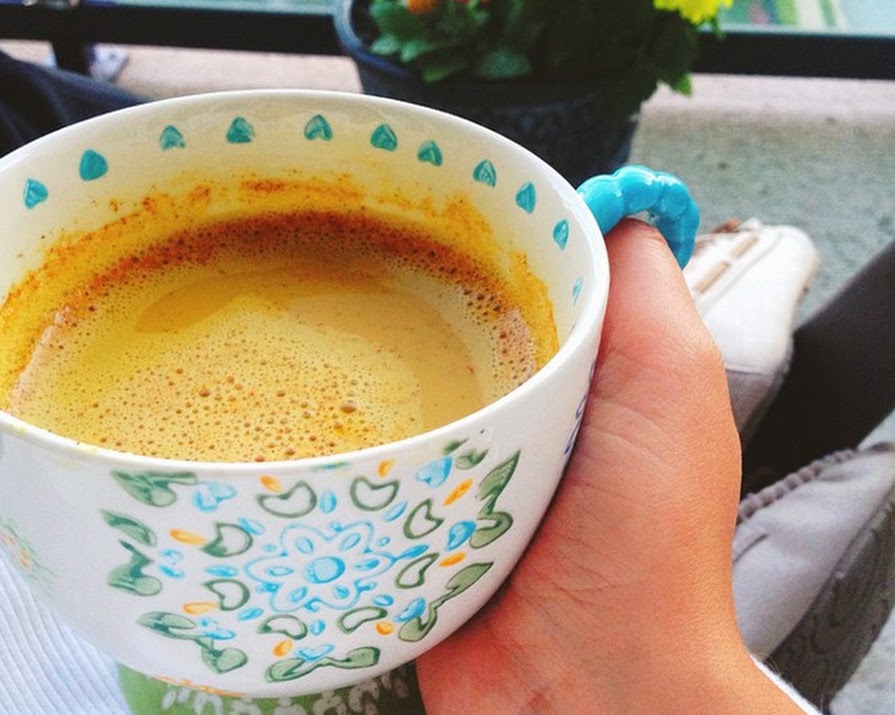
By Jeanne Sutton
10th Jul 2015
10th Jul 2015
turmeric tea
Pantone declare a ?colour of the year?. The Fashion Museum in Bath does the same with a dress that defines the previous twelve months of clothes horsing. We don’t know what the wellness industry prize-giving equivalent is, but if you could give a herb or spice a gong, Turmeric would have the most crowded mantle place of 2015. The distinctive yellow-orange spice is having a little bit of a moment with health food blogs extolling its added-to-juices benefits and beauty blogs now buzzing about its skincare benefits.
So, regarding keeping your body healthy, why is turmeric so fabulous? The turmeric root has been a major player in Indian cooking, and what with decades of emigration and the internet, it’s now sweeping into everyday kitchens as an indispensable ingredient. The real benefits of turmeric come from the magical molecule curcumin, which is brilliant at fighting the inflammation common with chronic diseases. It’s also been known to boost energy levels – that’s the relation to the ginger root springing through – so makes a great morning addition to smoothies or teas. (In India, turmeric brews are referred to as liquid gold.)
Turmeric is also spoken about in hallowed tones for its links to preventing cancer – it has been observed to prevent metastases in breast and colon cancer, which is the spread of the disease. Ayurvedic medicine considers it one of the principle herbs with healing properties, due to curcumin being the active ingredient. In this Refinery 29 article on the spice, functional medicine physician Frank Lipman talks about how links have been made between Indians? daily consumption of turmeric and the country’s low rates of Alzheimer’s.
When it comes to beauty, turmeric is fast building a word-of-mouth reputation. Because it is an antioxidant that aids in detoxing the liver, it is said to help keep skin clear. During wedding ceremonies in India, turmeric paste is used on the skin of the bride and groom, although the spice is now increasingly applied outside of ceremonial celebrations. It can be added to at-home face masks and is anecdotally said to help stave off signs of ageing. Well, for a little while longer. Its anti-inflammatory and anti-fungal properties are also great for dealing with acne and scars, with some women using pastes of the spice to diminish the appearance of stretch marks.
The only downside to turmeric that it won’t tell you about on the packaging? Staining. When adding to your meals or DIY masks make sure you have some hand or facial cleanser to hand, because a literal healthy glow is a wellness step too far.
Image via Instagram @lexielynne























